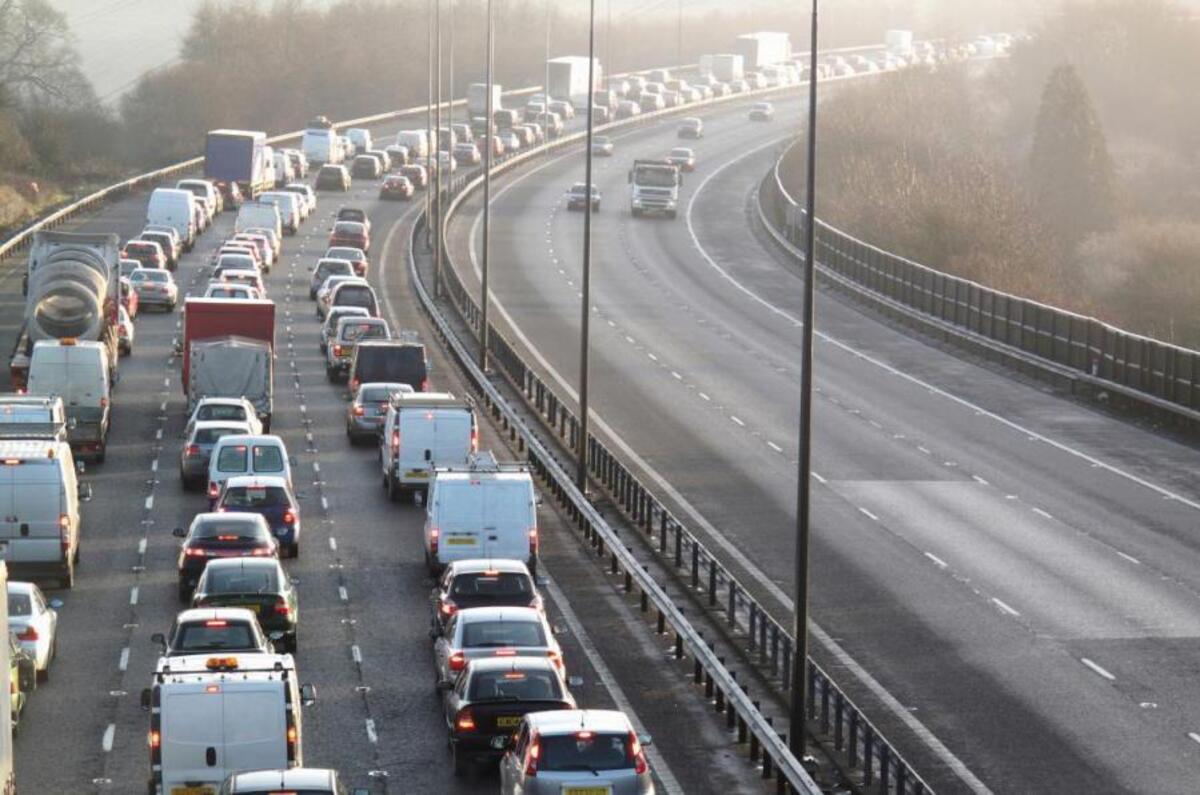A new study conducted by the UK’s Department for Transport shows that a full uptake of autonomous cars in Britain could cut road traffic by 40%.
The research concludes that connected and autonomous vehicles are able to follow each other more closely than human driven vehicles, so can, therefore, make more efficient use of space on the road.
UK road traffic at an all time high
Modelling urban and non-urban roads, the DfT computer programme was also able to gauge the effects autonomous or connected cars would have on journey times. It found that a road network of autonomous and connected cars would enjoy a 30.7% reduction in urban journey times during peak hours, while journeys on motorways and A-roads during peak hours would be 4.1% shorter.
The DfT research also simulated what traffic would be like if the UK road network had a mix of autonomous and human-driven vehicles. It found that traffic would reduce even if as little as 25% of cars were autonomous or connected.
Autonomous car insurance will be similar to normal policies, says report
Transport Minister Johns Hayes said, “This exciting and extensive study shows that driverless cars could vastly improve the flow of traffic in our towns and cities, offering huge benefits to motorists including reduced delays and more reliable journey times.
Driverless cars are just one example of cutting edge technology which could transform the way in which we travel in the future, particularly in providing new opportunities for those with reduced mobility. This study reinforces our belief that these technologies offer major benefits and this government will support their research.”
Along with the study, the DfT published a response to a consultation on insurance for driverless cars. The consultation aims to establish a model where insurers can cover the drivers of an autonomous car as well as the driverless vehicle itself.






Join the debate
Add your comment
Cut traffic by 40? Easy.
Worrying
But there are some considerable negatives too, in addition to killing the joy / freedom of driving and the love of cars in general. Also any research that comes from government departments fills me with cynical suspicion – not only for the competence of their analysis, but also their true political (or financial) objectives.
Aside from this, the main thing that worries me is the developed technology. I work in IT and am constantly appalled by substandard IT applications that are put live “within deadlines” and “on budget” but don’t actually work! Many applications aren’t tested properly, with the supplier expecting the poor customer to find all the bugs for them after go-live (this practice being a kind of involuntary beta testing).
So consider the extensive testing that an autonomous car would be required to go through to cover every single possibility of what could happen on a journey – that sounds impossible to me, as well as the developers still delivering the car on time and making a profit. But if a testing scenario was missed, and the car didn’t know what to do in a particular unexpected situation, what would happen? Something that could be easily avoided by a human driver could lead to a fatality if the autonomous car makes a sudden manoeuvre based on a bad decision caused by missing instructions on what it should do.
In addition, with so much reliance on technology now, it only takes a talented IT geek with an alliance to a terrorist group to hack the software and who knows what could happen. Imagine someone installing some malicious code into an autonomous car (maybe hidden within a regular ‘software update’ which will be required to keep things working or fixes to avoid the scenarios missed by insufficient testing mentioned above) which could suddenly trigger all cars to turn right sharply at the same time during rush hour on the M25?
Maybe advanced artificial intelligence can counter some of these worries, but I remain unconvinced. Autonomous cars are probably the most benefit to those who hate driving or are rubbish at it so shouldn’t be driving anyway. Those people have ruined motoring for all the rest of us.
"You can nae change the Laws of Physics Captain"